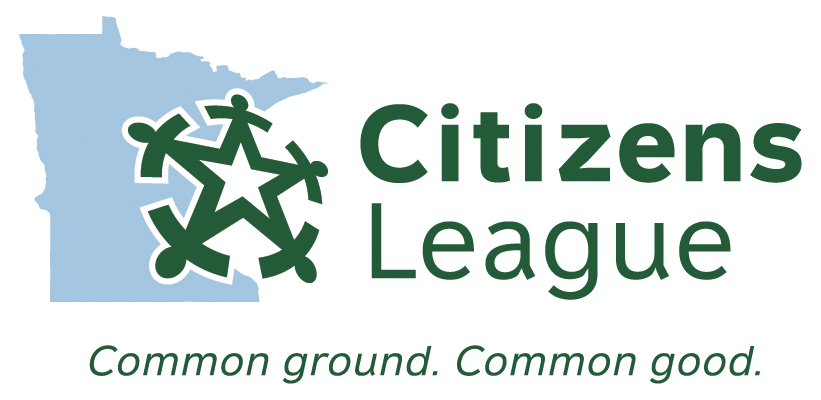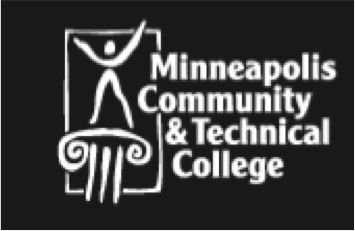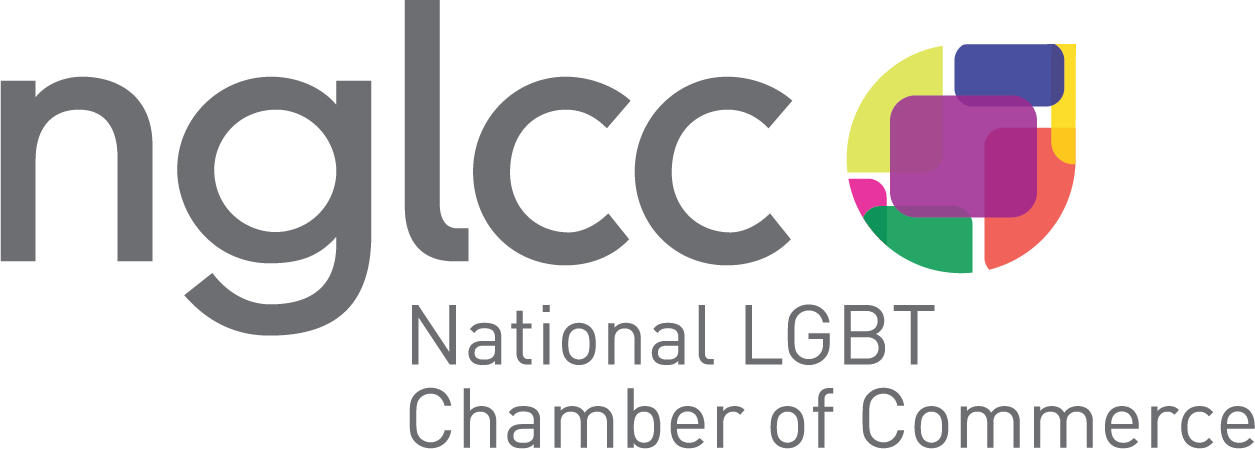 Jamie Piperato and Dr. Saby Labor have an open conversation about navigating college campuses as inherently political environments. Piperato shares her personal origins, the path the led her to her work as a higher education professionals, and where she is at today as an independent consultant and mentor. From there, the two discuss burnout and the ways which universities silo and tokenize the work that revolves around inclusion and social justice, and how communities and colleagues can work collectively, build power and amplify each other’s voices for positive reform.
Jamie Piperato and Dr. Saby Labor have an open conversation about navigating college campuses as inherently political environments. Piperato shares her personal origins, the path the led her to her work as a higher education professionals, and where she is at today as an independent consultant and mentor. From there, the two discuss burnout and the ways which universities silo and tokenize the work that revolves around inclusion and social justice, and how communities and colleagues can work collectively, build power and amplify each other’s voices for positive reform.
Jamie Piperato is a higher education consultant and speaker. JP has extensive experience working in higher education as a student affairs professional in the areas of multicultural education, LGBTQ services, Title IX education, leadership, career development, and university housing. Her focus tends to revolve around helping others start their path towards multicultural competence. Currently, JP is the Founder of JPHigherEd, which is an identity-conscious professional development company that provides in-person trainings, online webinars, and online courses. To learn more about JPHigherEd, please visit JPHigherEd.com.
Read Full Transcript
Show Highlights:
- Tells us more about how yourself and your background 03:30
- What are the salient identities that come up for you? What is at the center of your attention? 08:36
- What kind of work are you doing today around inclusion issues? What’s at the top of your mind? 10:36
- What are some common trends and patterns that student affairs professionals are seeing and sharing with you? 23:01
- How did you arrive specifically to the work that you’re doing today? What’s path and the context that have brought you here today? (Shares personal story involving her sister and how the experience of growing up with a sibling with disability has shaped her as a professional and her personal values) 29:28
- Can you envision getting inclusion professionals together in spaces more frequently to support one another and be in dialogue? In a way that’s not being driven by a conference outcome? 44:17
- Shares some resources for other college professionals 54:04
- What are the biggest professional lessons she has learned? 01:03:16
- What piece of guidance can you share for college inclusion professionals, so that they can stay in this work? 01:06:30
Notable Quotes:
- “One of the things that I incorporated from day one with JP Higher Ed is this service called JP Scholarships. And we have a great, amazing, partner Davis Potter Scholarship Fund, who provides scholarships to undergrad as well as graduate students who are committed to social change, and who are out there on the front lines, at rallies, doing the work in other ways, policy making. Whatever that might be for that individual.” 12:22
- “I found a lot of what was in the business world just incongruent with a lot of my own personal values. And so it was creating a business that didn’t look like successful businesses out there, but a business that represented what my values were and my principles, and what I thought was important.” 15:17
“I don’t know if we can say that it’s the same for everyone. That people are getting paid for the work that they’re doing. So that’s a really important thing for me, not just as a business owner, to make sure that happens, but just as a person. To make sure that people are being paid for their time, and valued. Not just in congrats and pats on the back, but in a monetary value that they can then go take home and pay their bills with.” 15:53
- “There have been people that.. You’re kind of standing on their shoulders. They’ve helped you, they’ve helped build you, and guide you and it’s the only way to do it, right? To help and give back and amplify those individuals, as well. Because there’s plenty of work to be done, right? Like, there is no reason to be competitive in any way when you’re thinking about how to provide these conversations to campuses and organizations.” 21:27
- “It’s always interesting and it’s always humbling. It’s always amazing just to see the work folks are doing. And the innovation that you see on college campuses with folks that are in this work. Because out of survival, just out of pure survival, a lot of professionals need to be really innovative in the ways in which they navigate college campuses and the political environments in those institutions.” 26:29
- “I don’t know if I’ve arrived. I’m still kind of on this journey of learning and finding my way and trying to help others do the same. Recognizing that there’s no finish line in this.” 36:28
“Now, I’m not saying don’t be frustrated, don’t be angry, don’t be hurt, don’t want to hold them to a higher standard. Do all of those things, too. And if you need to yell, if you need to scream, if you need to cry.. If those are the things that you need to do for yourself to work those things out with that individual, with that person, with that community, then do that. But making sure that we’re also kind of keeping in mind where they are and how we all, no matter what our identities are, we all did not start from where we are today, where ever we are today.” 40:06
- “Recognizing higher education was built upon principles and values that are completely harmful, violent, and incongruent with values of social justice.. Moving on from that, recognizing that, having one individual on a college campus to do all of this work is just checking a box.” 44:28
- “First, and maybe most important, is just listen, right? Listen, and acknowledge people’s experience as their truth.. Questioning people’s experiences? We just don’t have time for that.” 01:03:25
Inspirational quote by Sara Ahmed: “Solidarity does not assume that our struggles are the same struggles, or that our pain is the same pain, or that our hope is for the same future. Solidarity involves commitment, and work, as well as the recognition that even if we do not have the same feelings, or the same lives, or the same bodies, we do live on common ground.” 01:14:30
Links Mentioned:
- JPHigherEd’s “40+ Social Justice Books to Add to Your Office Library”
- NPR’s Code Switch podcast
- JPSpeaks Podcast
- Podcast interview with Debbie Irving about her book, “Waking Up White”
- Books mentioned:
- “Intersections of Identity and Sexual Violence on Campus” (especially for Title IX coordinators/student conduct)
- “Trans* in College: Transgender Students’ Strategies for Navigating Campus Life and the Institutional Politics of Inclusion” by Z. Nicolazzo
- “White Like Me” by Tim Wise
- “White Fragility: Why It’s so Hard for White People to Talk About Racism” by Robin DiAngelo
- “Pedagogy of the Oppressed” by Paulo Freire
- “Living a Feminist Life” by Sara Ahmed (and anything by Sara Ahmed )
- “Closing the Opportunity Gap: Identity-Conscious Strategies for Retention and Student Success” edited by Vijay Pendakur (with a chapter written by Sumi Pendakur)
- Connect with Jamie on the following platforms:
- Twitter: @jaimepiperato
- You can message Jamie via JPHigherEd
- Facebook
- LinkedIn
- Instagram: jamie_piperato
Click here to start your free trial of Audible and download your copy of Jamie’s recommended book for free: “White Like Me” by Tim Wise.
*This post contains affiliate links and I will be compensated if you make a purchase after clicking on my links.
Join the newsletter

You are going to love this collection of the top 3 requested resources from our Social Justice Toolkit series! Download here.
Show Highlights:
- Tells us more about how yourself and your background 03:30
- What are the salient identities that come up for you? What is at the center of your attention? 08:36
- What kind of work are you doing today around inclusion issues? What’s at the top of your mind? 10:36
- What are some common trends and patterns that student affairs professionals are seeing and sharing with you? 23:01
- How did you arrive specifically to the work that you’re doing today? What’s path and the context that have brought you here today? (Shares personal story involving her sister and how the experience of growing up with a sibling with disability has shaped her as a professional and her personal values) 29:28
- Can you envision getting inclusion professionals together in spaces more frequently to support one another and be in dialogue? In a way that’s not being driven by a conference outcome? 44:17
- Shares some resources for other college professionals 54:04
- What are the biggest professional lessons she has learned? 01:03:16
- What piece of guidance can you share for college inclusion professionals, so that they can stay in this work? 01:06:30
Notable Quotes:
- “One of the things that I incorporated from day one with JP Higher Ed is this service called JP Scholarships. And we have a great, amazing, partner Davis Potter Scholarship Fund, who provides scholarships to undergrad as well as graduate students who are committed to social change, and who are out there on the front lines, at rallies, doing the work in other ways, policy making. Whatever that might be for that individual.” 12:22
- “I found a lot of what was in the business world just incongruent with a lot of my own personal values. And so it was creating a business that didn’t look like successful businesses out there, but a business that represented what my values were and my principles, and what I thought was important.” 15:17
“I don’t know if we can say that it’s the same for everyone. That people are getting paid for the work that they’re doing. So that’s a really important thing for me, not just as a business owner, to make sure that happens, but just as a person. To make sure that people are being paid for their time, and valued. Not just in congrats and pats on the back, but in a monetary value that they can then go take home and pay their bills with.” 15:53 - “There have been people that.. You’re kind of standing on their shoulders. They’ve helped you, they’ve helped build you, and guide you and it’s the only way to do it, right? To help and give back and amplify those individuals, as well. Because there’s plenty of work to be done, right? Like, there is no reason to be competitive in any way when you’re thinking about how to provide these conversations to campuses and organizations.” 21:27
- “It’s always interesting and it’s always humbling. It’s always amazing just to see the work folks are doing. And the innovation that you see on college campuses with folks that are in this work. Because out of survival, just out of pure survival, a lot of professionals need to be really innovative in the ways in which they navigate college campuses and the political environments in those institutions.” 26:29
- “I don’t know if I’ve arrived. I’m still kind of on this journey of learning and finding my way and trying to help others do the same. Recognizing that there’s no finish line in this.” 36:28
“Now, I’m not saying don’t be frustrated, don’t be angry, don’t be hurt, don’t want to hold them to a higher standard. Do all of those things, too. And if you need to yell, if you need to scream, if you need to cry.. If those are the things that you need to do for yourself to work those things out with that individual, with that person, with that community, then do that. But making sure that we’re also kind of keeping in mind where they are and how we all, no matter what our identities are, we all did not start from where we are today, where ever we are today.” 40:06 - “Recognizing higher education was built upon principles and values that are completely harmful, violent, and incongruent with values of social justice.. Moving on from that, recognizing that, having one individual on a college campus to do all of this work is just checking a box.” 44:28
- “First, and maybe most important, is just listen, right? Listen, and acknowledge people’s experience as their truth.. Questioning people’s experiences? We just don’t have time for that.” 01:03:25
Inspirational quote by Sara Ahmed: “Solidarity does not assume that our struggles are the same struggles, or that our pain is the same pain, or that our hope is for the same future. Solidarity involves commitment, and work, as well as the recognition that even if we do not have the same feelings, or the same lives, or the same bodies, we do live on common ground.” 01:14:30
Links Mentioned:
- JPHigherEd’s “40+ Social Justice Books to Add to Your Office Library”
- NPR’s Code Switch podcast
- JPSpeaks Podcast
- Podcast interview with Debbie Irving about her book, “Waking Up White”
- Books mentioned:
- “Intersections of Identity and Sexual Violence on Campus” (especially for Title IX coordinators/student conduct)
- “Trans* in College: Transgender Students’ Strategies for Navigating Campus Life and the Institutional Politics of Inclusion” by Z. Nicolazzo
- “White Like Me” by Tim Wise
- “White Fragility: Why It’s so Hard for White People to Talk About Racism” by Robin DiAngelo
- “Pedagogy of the Oppressed” by Paulo Freire
- “Living a Feminist Life” by Sara Ahmed (and anything by Sara Ahmed )
- “Closing the Opportunity Gap: Identity-Conscious Strategies for Retention and Student Success” edited by Vijay Pendakur (with a chapter written by Sumi Pendakur)
- Connect with Jamie on the following platforms:
- Twitter: @jaimepiperato
- You can message Jamie via JPHigherEd
- Instagram: jamie_piperato
Click here to start your free trial of Audible and download your copy of Jamie’s recommended book for free: “White Like Me” by Tim Wise.
*This post contains affiliate links and I will be compensated if you make a purchase after clicking on my links.
Join the newsletter

You are going to love this collection of the top 3 requested resources from our Social Justice Toolkit series! Download here.








